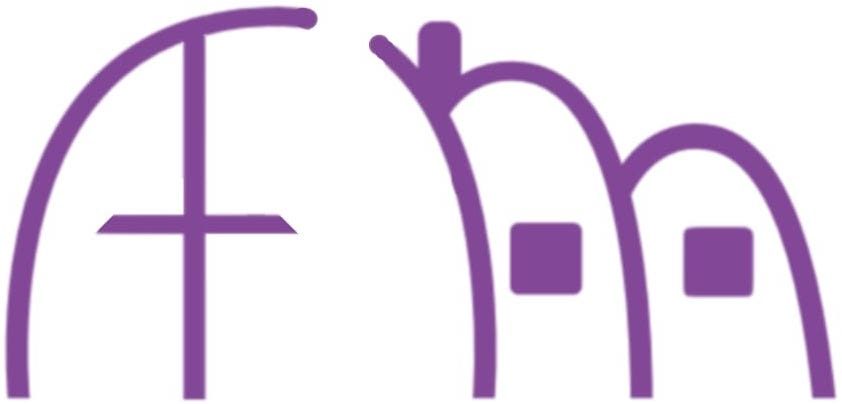COMPLETING THE APPLICATION:
When a borrower is pre-qualified, personal information and official documents are gathered and verified. A complete file is submitted to the lender for approval and further review. Its important to provide the required documents to your loan officer in a timely manner. Delays in this area can impact the processing and the closing of your loan. Please keep in mind, rates are locked and also have an expiration date. Not closing prior to the rate expiring results in extending the rate period which can cost you money. Its important for the loan officer to provide a checklist of the required documents the borrower(s) will need to gather.
PROCESSING THE LOAN:
During this phase of the mortgage life cycle a credit report is requested, the employment history is verified as well as the bank statements to ensure adequate funds are available for closing. Please be aware, the borrower’s assistance may be needed at times to provide additional docs and/or explain a situation. Questions may also arise with the employment or income verification process. At times, additional information or an explanation may be needed from the employer. If the borrower is self-employed, the explanation is normally provided by a CPA.
UNDERWRITING THE LOAN:
Once a “complete” loan file is submitted, it is verified by the underwriter who represents the inventor/lender. Their job is to verify the file’s completeness according to the established Fannie Mae/Freddie Mac and/or FHA lending guidelines. After the initial review, the underwriter provides a loan approval with conditions to satisfy prior to closing. The conditions require additional information and/or explanations. Not all conditions are directed to the borrower(s) and the loan officer to handle. Other parties involved in the loan process (realtors, title companies, appraisers, etc) address some of these conditions. Once all conditions are gathered, they are provided back to underwriter to clear each item with the goal in mind to receive a “Clear-to-Close”. A word of advice to borrower(s); “It is very important to submit a complete file, the first time to the lender”. It keeps the process moving, resulting in a timely closing as scheduled and a happy client!
CLOSING THE LOAN:
The loan mortgage closing is scheduled with a licensed real estate attorney several weeks in advance. The r/e attorney represents the investor/lender during the transaction. Funds which the borrower needs to bring to closing are wired transferred to the attorney’s bank account a day or two in advance. Most attorneys require funds 24-hours in advance. Borrower(s) need to bring their personal identification to the closing such as a driver’s license.
BASIC TIPS FOR YOUR HOUSE LOAN
New Home Loan
A new home mortgage is the loan type a buyer takes out to pay for their new real estate property. For first-time home buyers, getting a loan can be challenging, being well informed is a wise borrowing strategy. Work with someone you are comfortable with instead of someone who just tells you what you want to hear.
Mortgages are available with a fixed or adjustable rate(s) as well as varying terms. Fixed rates are normally be for 30, 20, 15 and even 10-years. Adjustable rates mortgages can vary in term and rate. These programs can be considered risky to some, but quite the opposite to others. Unless the buyer provides a 20% down payment on the property sales price, most lenders will require property mortgage insurance. However, many loan programs do not require the borrower to put 20% down to be pre-approved.
In addition to the down payment cost, the borrower is also responsible for the closing costs, which are expenses associated with the transaction of the loan. They include lender fees, attorney fee services, state taxes, recording, homeowners insurance, escrows for property taxes and homeowners insurance, days of interest and a few other miscellaneous fees. Depending how the sales contract is negotiated, at times, sellers will contribute toward the closing costs and assist the borrower.
Qualifying for a mortgage requires the borrower to have both good credit, a reasonable debt-to-income percentage and seasoned assets. Seasoned assets represent possession of 60 verifiable days of the funds the borrower will need for the closing. Normally, 2-months of bank statements are provided. A basic rule of thumb; the monthly mortgage payment should remain between 33 – 37% of the monthly gross income.
Refinancing Options
Refinancing a mortgage is when a homeowner takes out a new mortgage and pays off the existing mortgage. A mortgage is an excellent tool for managing monthly expenses. Refinancing examples: To secure a more favorable term or a lower rate, to cash-out the equity for debt consolidation of credit cards or for a home improvement of the subject property, or paying off big items like a college fund. Entrepreneurs starting a new business may have the need to pull capital from their homes first. Even as unfortunate as a divorce, in many cases a re-finance is needed to re-structure the mortgage.
Down Payment Gifts
When buying a home, the most likely upfront expense is the down payment. Although many homeowners can afford the monthly mortgage expense, the initial cost of purchasing the home can be difficult at times. Gift money is becoming more popular, especially among millennials because of large student loan amounts making it difficult to save for a down payment. Conventional and FHA loans allow gifts from a relative for the down payment. Check your eligibility as guidelines do differ between the two loan programs.
If you plan on getting gift funds from a friend or family member, you’ll need to complete a form letter confirming your relationship and understanding the money is a gift, not expected to be repaid. Both parties, donor and recepient sign the gift letter.
The DO’s and DONT’s of a down payment gift:
| Do… | Don’t… |
| Get a signed statement from the gift giver | Tell the lender the funds are a gift when it’s a loan |
| Remind gift giver to keep a paper trail | Change or add money without explanation |
| Get the money in advance and know how seasoned money works | Assume all loan types allow down payment gifts |

“Meeting Your Expectations“
Checklist
Below is a general list of copied items a borrower should gather and in most cases provide to the loan officer. Not all of the items are standard, some will vary depending on the lending situation and guidelines.
- Driver’s license
- Social security card
- Resident alien card (if applicable)
- W2s (most recent 2-years)
- Income tax returns, individual and/or business (most recent 2-years, if applicable)
- Income earning statements (most recent month’s of pay-stubs)
- Bank account statements (most recent 2-months, all pages)
- Real Estate mortgage statement(s) (real estate owned properties, if applicable)
- Homeowners insurance policy (aka declarations page, if applicable)
- Divorce decree, bankrupty filing, etc. (if applicable)
- DD214 (VA loans only)



